1. “Because I said so.”

This classic phrase is the backbone of every Midwestern childhood. It’s the ultimate parental trump card—no explanation needed, just absolute authority. When you hear it, the conversation ends there, and you obey. It’s used for everything, from finishing your dinner to getting out of bed on a school morning says Parents.com.
There’s an unspoken rule that questioning it is futile. You might protest, but the response is unwavering: “Because I said so.” It teaches kids early on that some decisions don’t need discussion—obedience is non-negotiable. As frustrating as it may be, it also carries an odd sense of comfort, knowing your parents have it all figured out.
2. “Wait until your father/mother gets home.”

The threat that haunted every minor misstep. It didn’t matter if it was a broken vase or a poorly completed chore—this line promised repercussions once the other parent returned. The anxiety built up all day, with kids nervously glancing at the clock, waiting for the inevitable confrontation says Scary Mommy.
Parents used this saying like clockwork, reinforcing the idea that discipline was a two-parent job. It instilled a sense of accountability and respect for authority. For kids, it was less about the punishment and more about the dread of facing both parents at once.
3. “You’ll catch your death out there!”
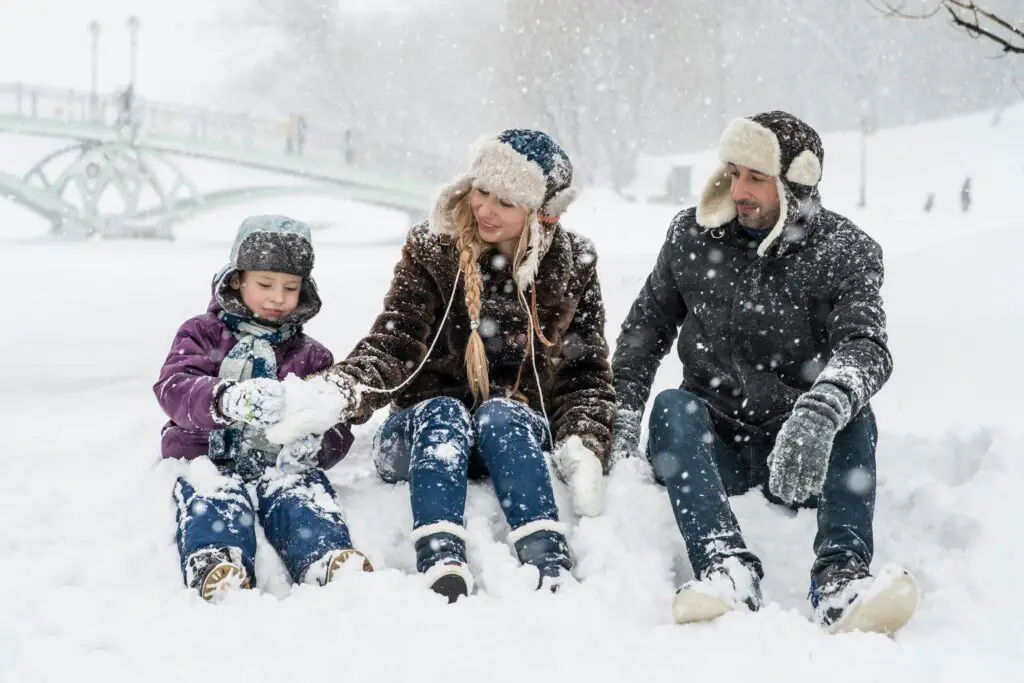
Midwestern winters are no joke, and this phrase perfectly encapsulates the parental worry that accompanies every chilly day. Whether you’re playing in the snow or running errands, the fear of frostbite or hypothermia is exaggerated for good measure. It’s a stark reminder to bundle up or face dire consequences says SELF Magazine.
Even in the mildest cold, this saying is dropped like clockwork. It serves as both a warning and a lesson in resilience—teach your kids to respect the weather, or they’ll pay the price. For children, it’s part of the fabric of growing up, where discomfort is exaggerated but safety is the priority.
4. “You think money grows on trees?”

This saying is a classic lesson in financial responsibility and gratitude. Midwestern parents use it to reinforce the idea that resources are limited and should be used wisely. Whether it’s about splurging on a toy or wasting food, the phrase underscores the value of hard work and frugality says CNET.
It shapes kids to be mindful about money from an early age, teaching them that every dollar comes from hard labor, not thin air. The lesson sticks well into adulthood—Midwestern kids learn early that money is earned, saved, and never squandered.
5. “If all your friends jumped off a bridge, would you?”
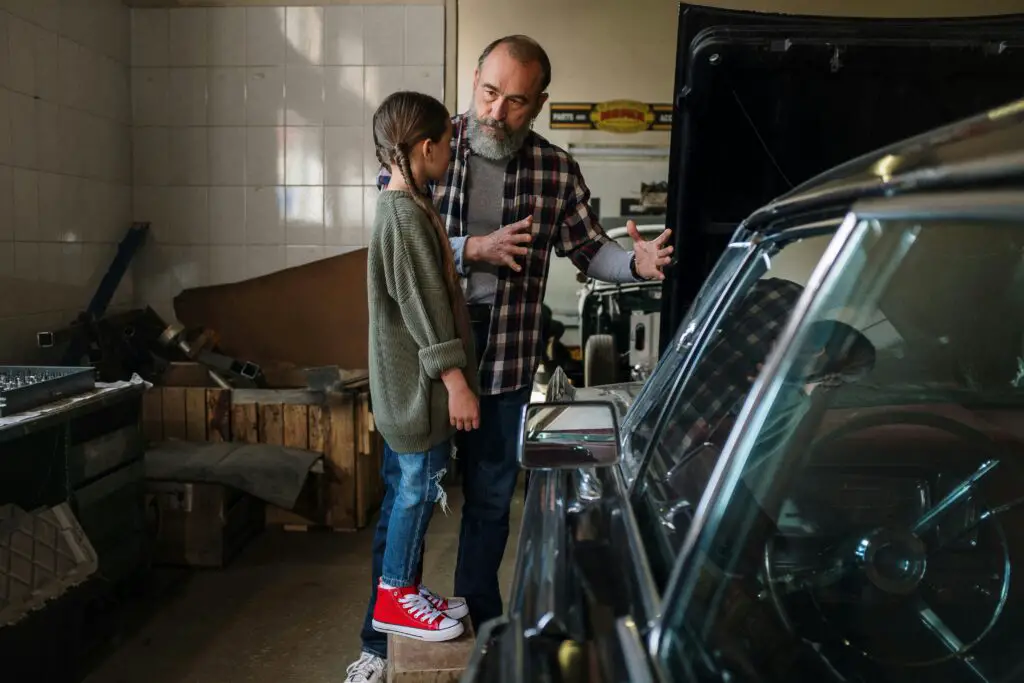
Peer pressure is real, and Midwestern parents combat it with this rhetorical gem. It’s a way to instill independent thinking and caution against blind conformity. Whether it’s about trying something risky or following the crowd, this saying urges kids to think for themselves.
The beauty of this phrase is in its simplicity—it doesn’t just address specific situations; it prepares kids for life’s bigger decisions. It’s less about discouraging fun and more about encouraging thoughtful choices. Midwestern kids learn early to weigh their options and stand firm in their values.
6. “Clean your plate; there are starving kids in [insert country].”
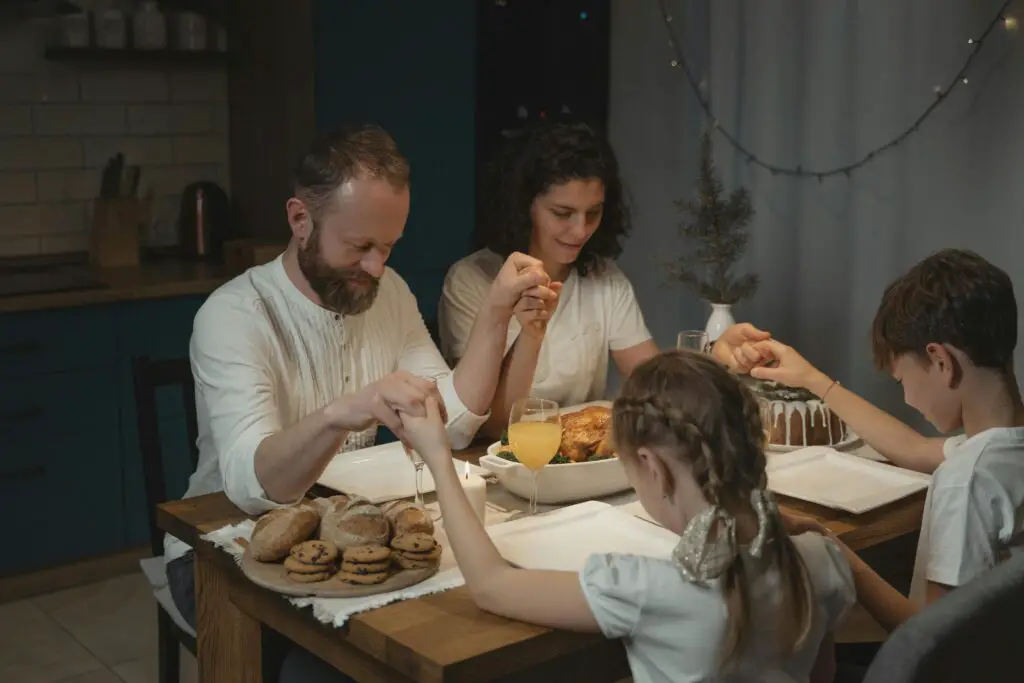
Nothing beats the guilt trip this saying delivers, and Midwestern parents use it expertly. It’s a lesson in gratitude and waste reduction, drilled into kids at every meal. Whether it’s a small bite left or a half-eaten plate, this phrase ensures kids understand the importance of finishing their food.
While the intention is good—teaching appreciation for what you have—it often leaves kids anxiously eyeing their plates. The fear of wasting food mixes with the desire to avoid guilt, making every meal a lesson in humility. It’s a phrase that stays with you, subtly shaping your views on food and gratitude.
7. “Don’t make me turn this car around!”

A Midwestern parent’s ultimate road trip threat. Whether on a short drive to the grocery store or a weekend getaway, this line is meant to keep kids in check. The possibility of the journey ending prematurely is enough to curb most misbehavior.
It works because kids know the parent’s patience has limits. The implied promise is clear: behave, or you’ll pay the price by heading back home. For children, it’s a powerful motivator—no one wants to undo progress after hours of travel. It combines discipline with practicality, a hallmark of Midwestern parenting.
8. “Go play outside.”
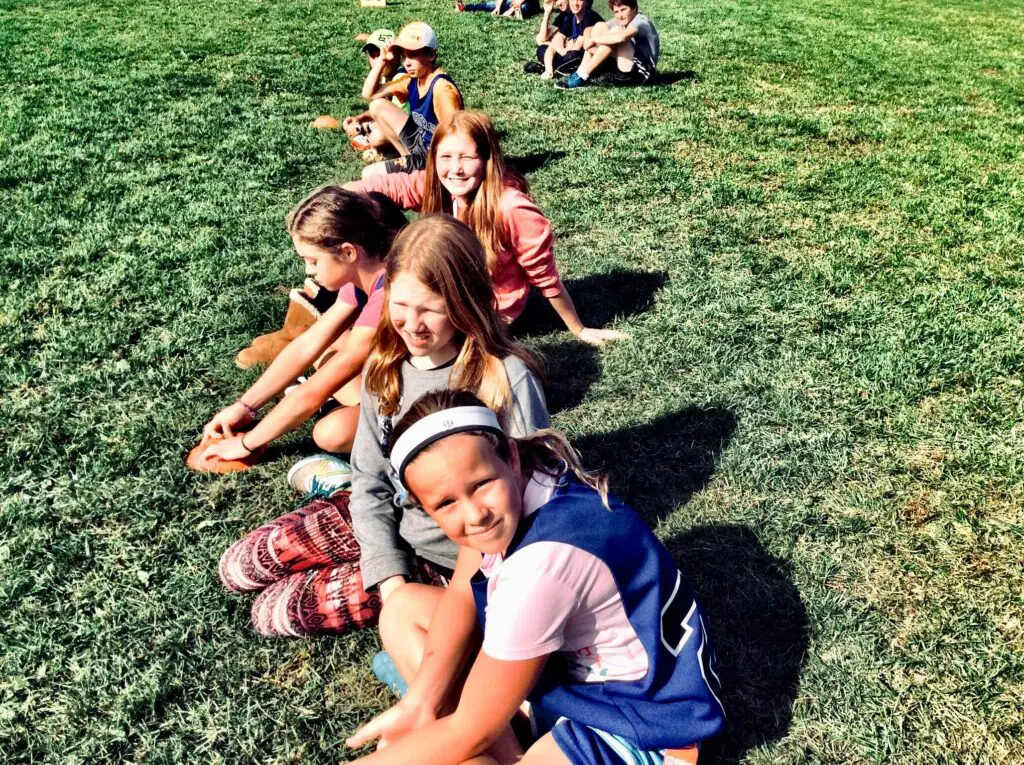
When screens weren’t part of the equation, this saying ruled childhood afternoons. It’s both an encouragement to embrace the outdoors and a gentle push to give parents some peace. Regardless of weather conditions—rain, shine, or snow—kids were expected to play outside and burn off energy.
This phrase embodies the Midwestern love for nature and physical activity. It teaches kids independence, creativity, and resilience. Whether they’re building forts, playing tag, or just riding bikes, outdoor play is non-negotiable. Parents use it as a tool for healthy living and social development.
9. “It’s not polite to [insert bad behavior].”

Good manners are a cornerstone of Midwestern upbringing. This phrase is deployed whenever a child forgets their pleases, thank-yous, or basic etiquette. It’s about instilling respect for others, whether in the home, at school, or in public.
The emphasis is on social grace and consideration, qualities highly valued in Midwestern culture. Kids quickly learn that being polite isn’t optional—it’s a requirement. This phrase teaches empathy and fosters a sense of community, traits that Midwestern parents hope their children carry into adulthood.
10. “We don’t have money for that.”

This saying is rooted in practicality and humility. Midwestern parents use it to manage expectations and teach financial prudence. Whether it’s about a new gadget or an expensive outing, this phrase helps kids understand that needs come before wants.
It’s less about deprivation and more about teaching financial responsibility. Kids learn early that the family budget matters and that saving for important things takes priority. This lesson in delayed gratification and financial literacy shapes Midwestern children into thoughtful and resourceful adults.
11. “Because it’s in the Bible.”

For many Midwestern families, religion plays a significant role in daily life. This phrase is used to explain moral lessons and ethical decisions, grounding children in the family’s spiritual beliefs. It’s a way to teach values and expectations without lengthy explanations.
The phrase carries weight, reinforcing the idea that some rules are beyond questioning. Whether it’s about honesty, kindness, or behavior, it connects morality to faith. Children raised with this saying often grow up with a strong sense of right and wrong, deeply influenced by their family’s beliefs.
12. “You’ll understand when you’re older.”
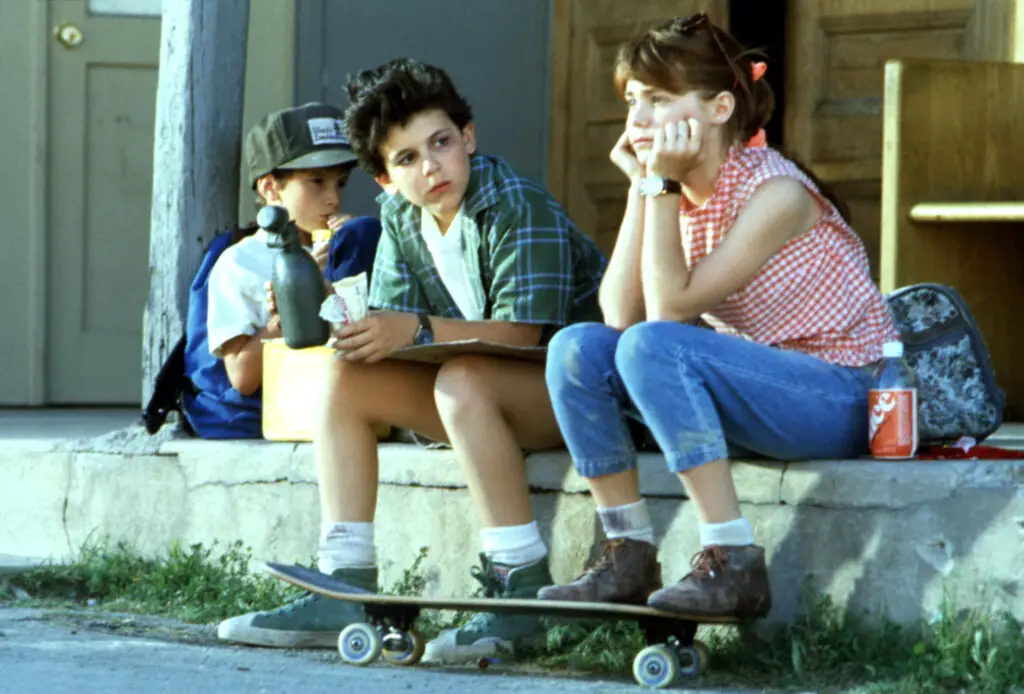
This classic Midwestern phrase is the parental go-to when kids question rules or decisions. It’s used to close debates about bedtime, chores, or restrictions without elaborating on adult complexities. The message is clear—some things don’t make sense now but will later.
It teaches patience and trust in parental judgment. Kids might not get it at the moment, but over time, they realize the wisdom behind their parents’ decisions. This saying subtly instills patience and humility, qualities that Midwestern parents hope their children carry into adulthood.
